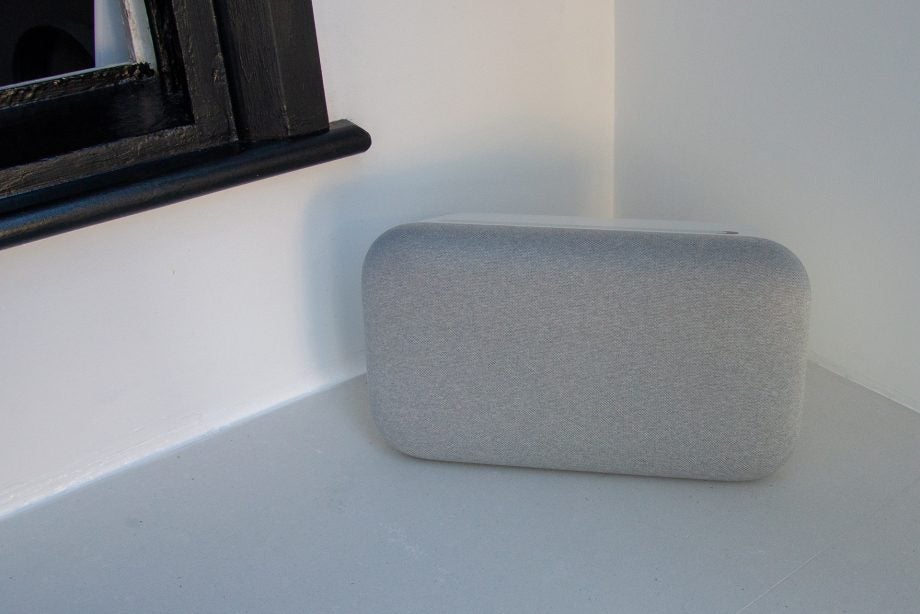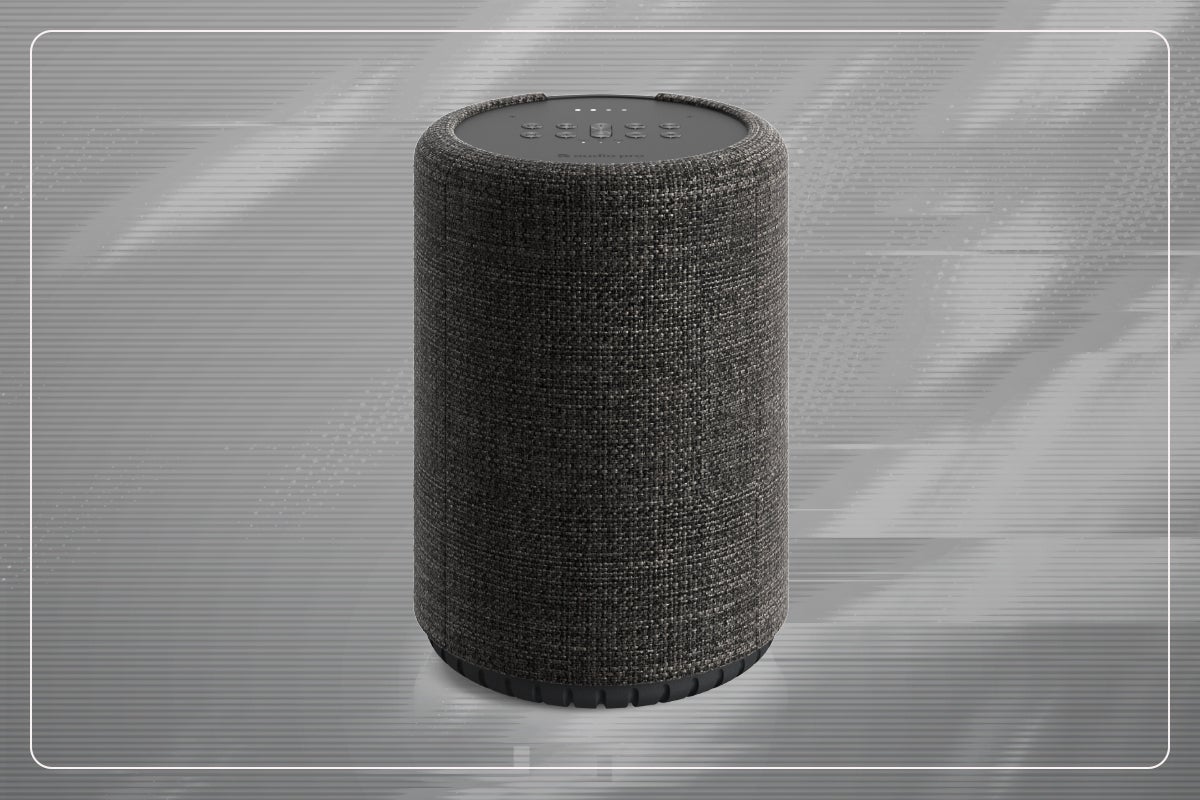Google Nest speakers are losing a key feature following Sonos legal win

If you have a Google Nest smart speaker, it’s about to lose a little of its functionality after a big win for Sonos in patent court.
As a result, users of Google Assistant-powered speakers will not be able to control the master volume of grouped speakers around the home. Google is already making the downgrades to speakers following the verdict, which was years in the making.
Google is informing customers about the changes, which all pertain to patented group speaker technology the US International Trade Commission now says Google infringed upon. Now Nest speaker owners will have to alter the volume for each individual speaker, rather than a master volume control. A slight annoyance, but an annoyance nonetheless.
Users will no longer be able to control the group volume using the phone’s volume button when casing music from the handset either, a blow to Google’s bid to remain among the best smart speakers.
“Due to a recent legal ruling we’re making some changes to how you set up your devices and the Speaker Group functionality will work moving forward,” the company says in a Google Nest Community Post (via Ars).
“If you’re using the Speaker Group feature to control the volume in the Google Home app, by voice with the Google Assistant, or directly on your Nest Hub display, you’ll notice a few changes:
“To adjust volume on your speaker groups, you will need to adjust each speaker individually instead of using the group volume controller. You’ll also no longer be able to change your Speaker Group volume using your phone’s physical volume button.”
Google is lodging an appeal with the ITC, who ruled with Sonos on all five of the patent disputes lodged by the multi-room audio firm.
The decision was years in the making. When Google first announced the Google Home in 2016, it was warned by Sonos that it infringed on its IP. When filing suit in 2020, Sonos alleged: “Google copied key features from Sonos. These features include, for example, Sonos’s patented technology for setting up a playback device on a wireless local area network, adjusting group volume of playback devices, and synchronising playback of audio within groups of playback devices.”
A Sonos legal representative told the New York Times after the verdict: “We appreciate that the ITC has definitively validated the five Sonos patents at issue in this case and ruled unequivocally that Google infringes all five. That is an across-the-board win that is surpassingly rare in patent cases.”





